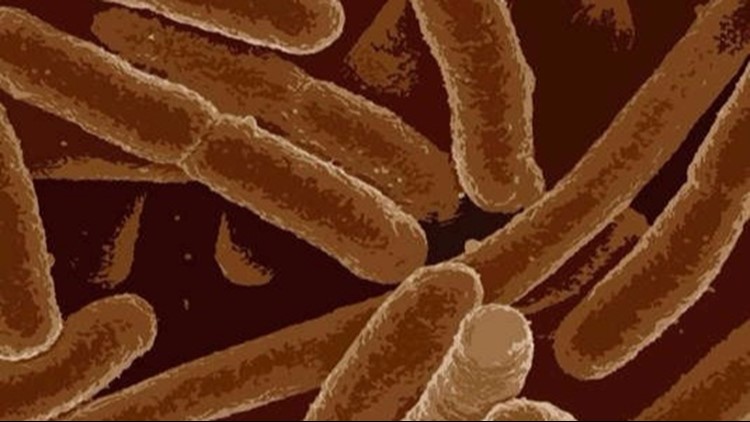Seattle and King County public health officials are investigating an E.coli outbreak at several Homegrown restaurants in the Seattle area.
Officials say four people have tested positive for Shiga-producing E.coli (STEC) after eating food at three different Homegrown restaurants in King County: Redmond, Kirkland, and Seattle at the Westlake Avenue location.
All four people - three adults and one child - ate the chicken pesto chicken sandwich during April 24-26, 2018. Victims suffered abdominal cramps and diarrhea, with one person reporting they had bloody diarrhea.
Health investigators inspected the three Homegrown locations and identified potential risk factors, such as handwashing facilities violations at two of three locations and a cold holding temperature violation at one of them. All three restaurants were required to complete a thorough cleaning and disinfection.
Investigators were also looking into the various ingredients of the chicken pesto sandwich. Since then, all Homegrown locations in King County have stopped selling the chicken pesto sandwich during the investigation.
Investigators revisited the restaurants on May 25 to confirm cleaning and disinfection were completed correctly. They were also investigating if any employees had recent similar illnesses.
Health officials say there is no indication of E.coli at this time at the restaurants.
Customers who have eaten at Homegrown and developed diarrhea within 10 days should consult with their healthcare provider to determine if testing is necessary.
Infection with STEC can occur through consumption of undercooked ground beef and other beef products; unpasteurized (raw) milk, cheese, and juice; contaminated raw fruits, vegetables, sprouts and herbs; water contaminated with animal feces, or by direct contact with farm animals or their environment. Ready-to-eat foods can also be contaminated with STEC through contact with raw beef or raw beef juices in the kitchen.
Symptoms of STEC include diarrhea (which often becomes bloody) and stomach cramps, with mild or no fever. Illness typically lasts several days and people can spread infection to others even after symptoms resolve.
Homegrown released a statement late Friday evening, which read in part:
"We are taking aggressive action to ensure these are isolated incidents. Specifically, we removed the sauce from our stores as soon as we were notified of the incidents, and we are working closely with all vendors in our supply chain to ensure that all potential food safety risks are eliminated. We are confident the issue has been contained and we are taking every measure to maintain the highest food safety standards across all our stores and vendors... Please do not hesitate to contact us at community@eathomegrown.com with any questions or concerns."
For more information, visit the Seattle & King County Public Health.



